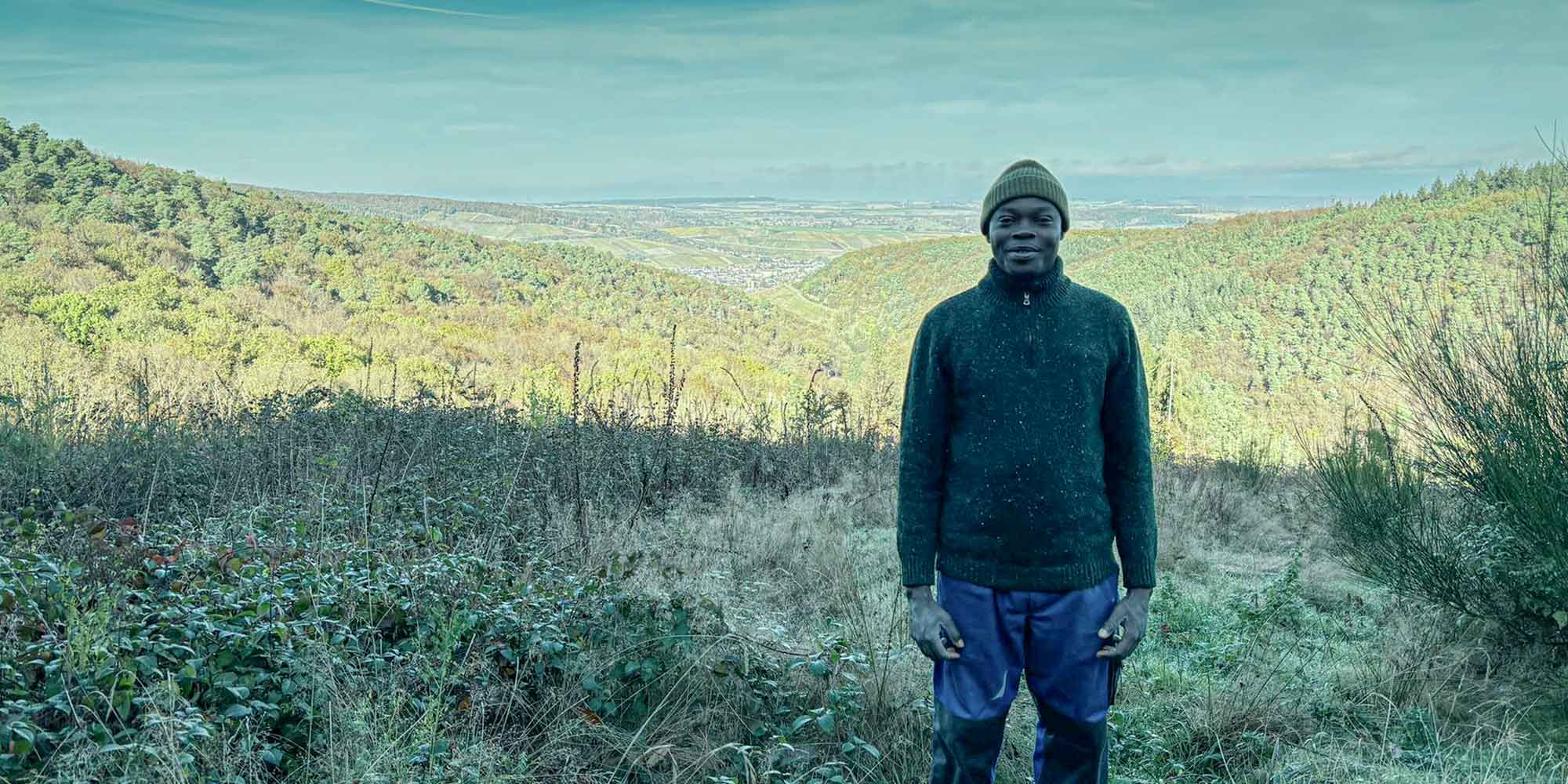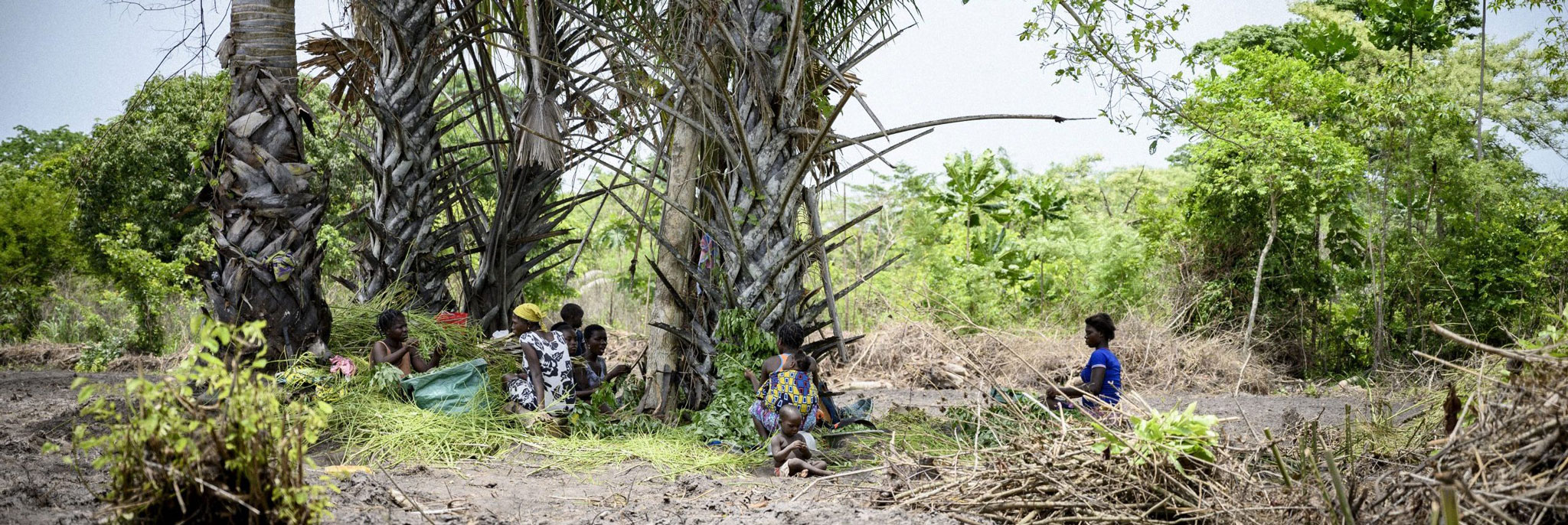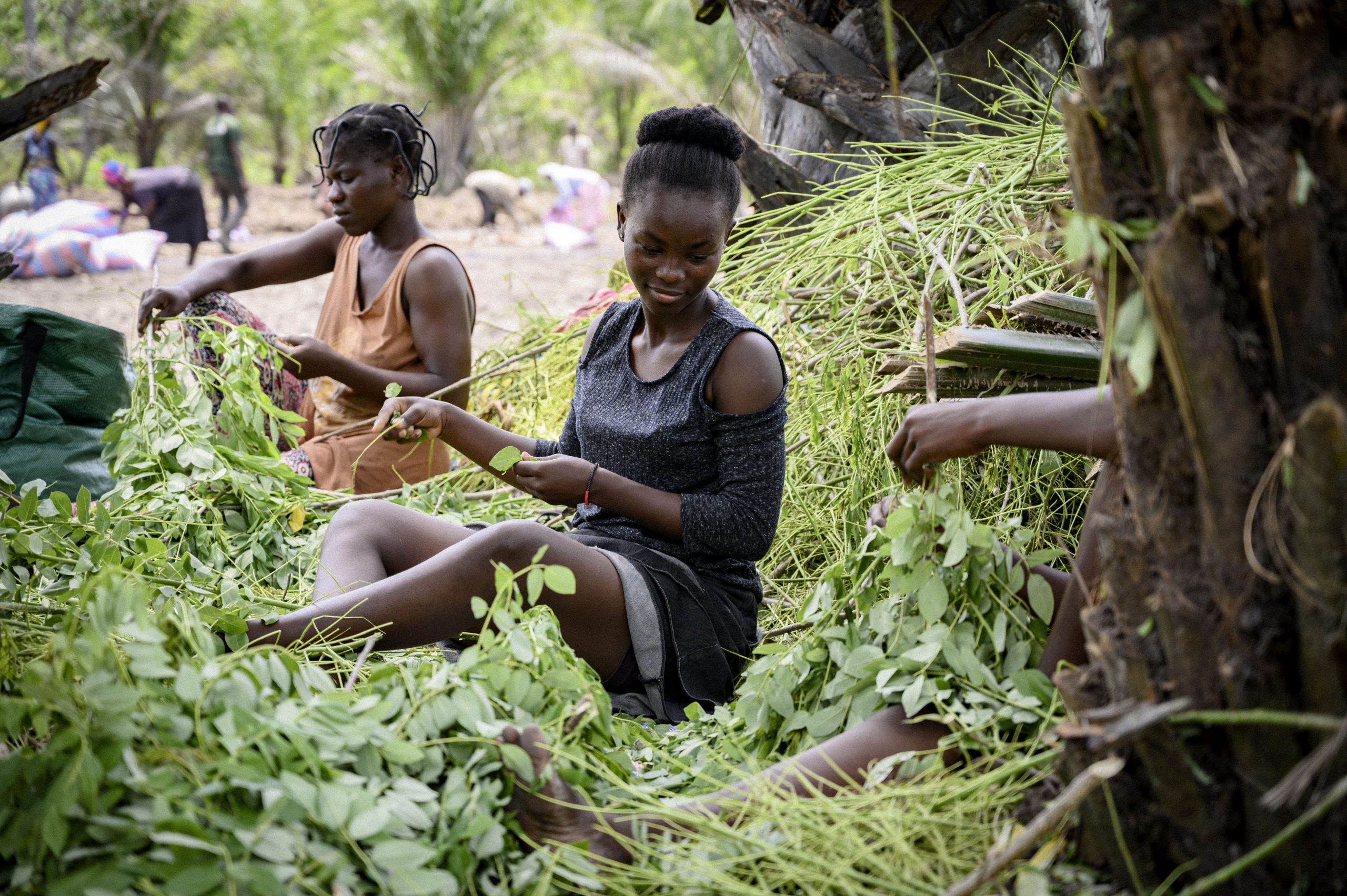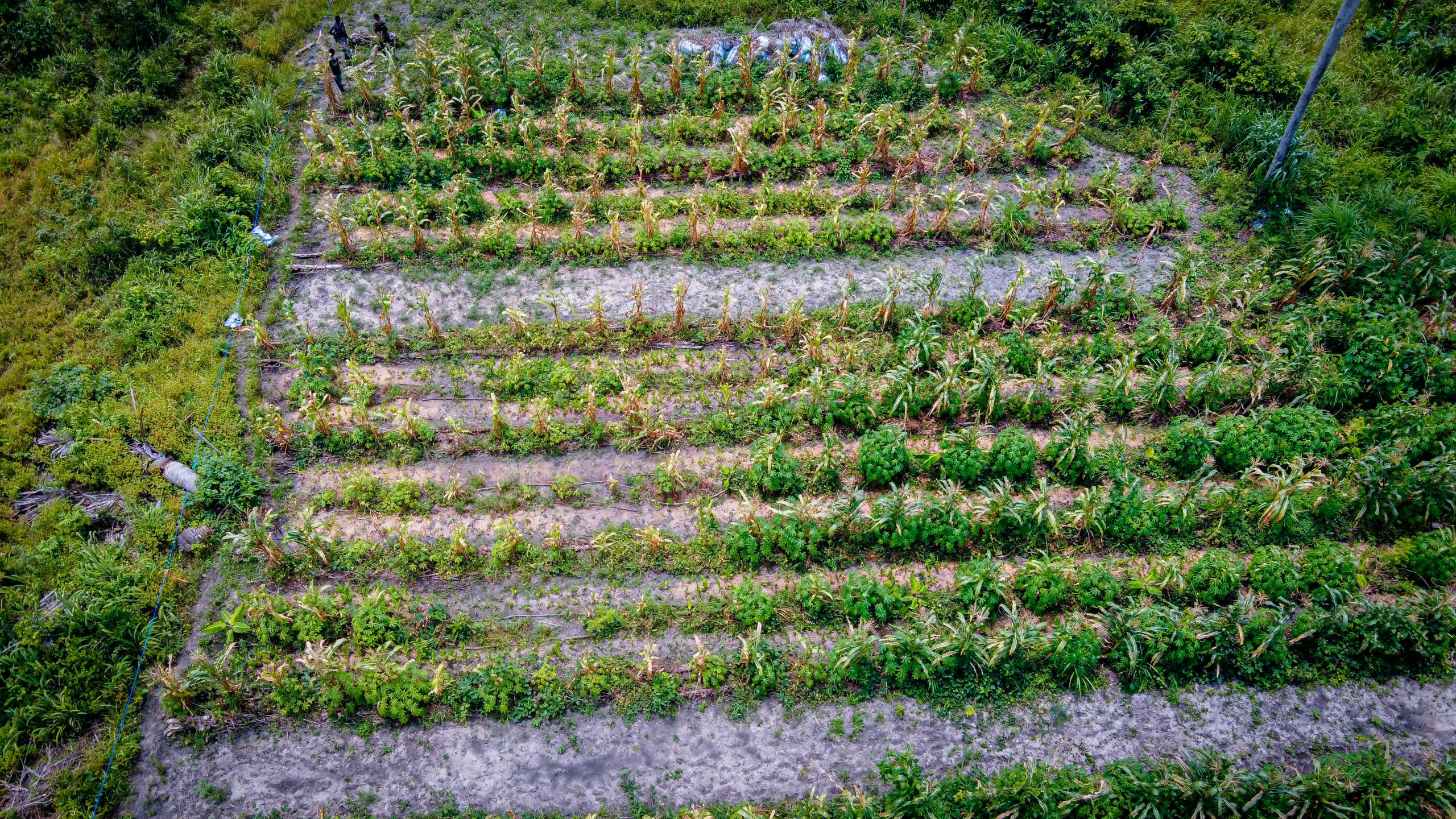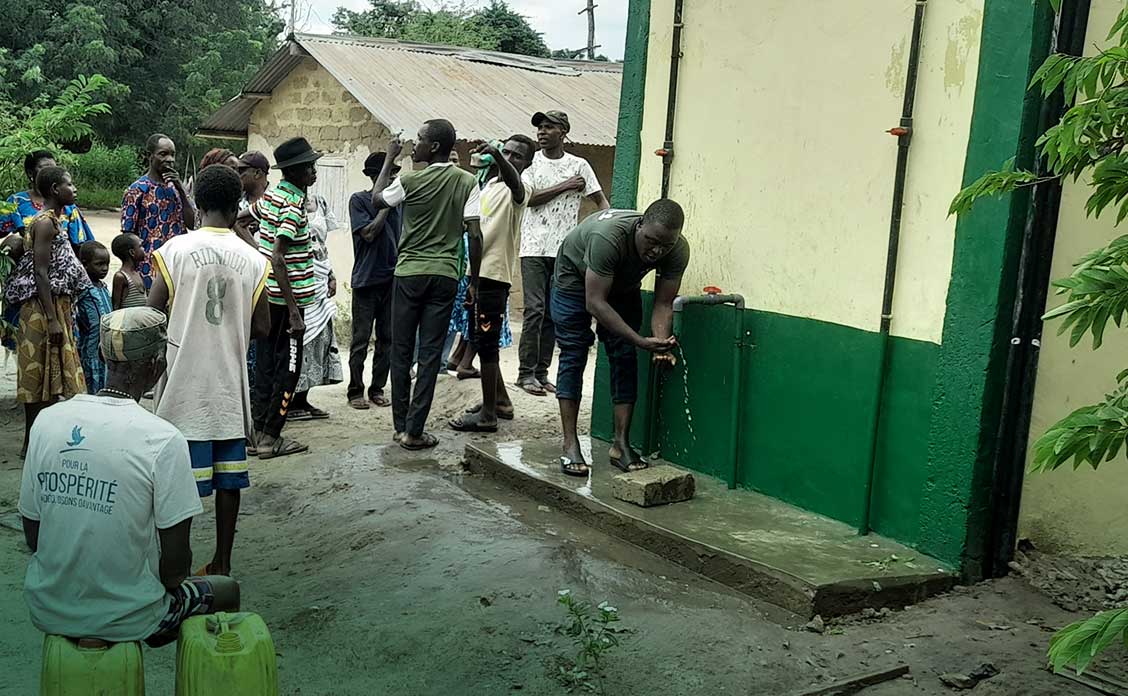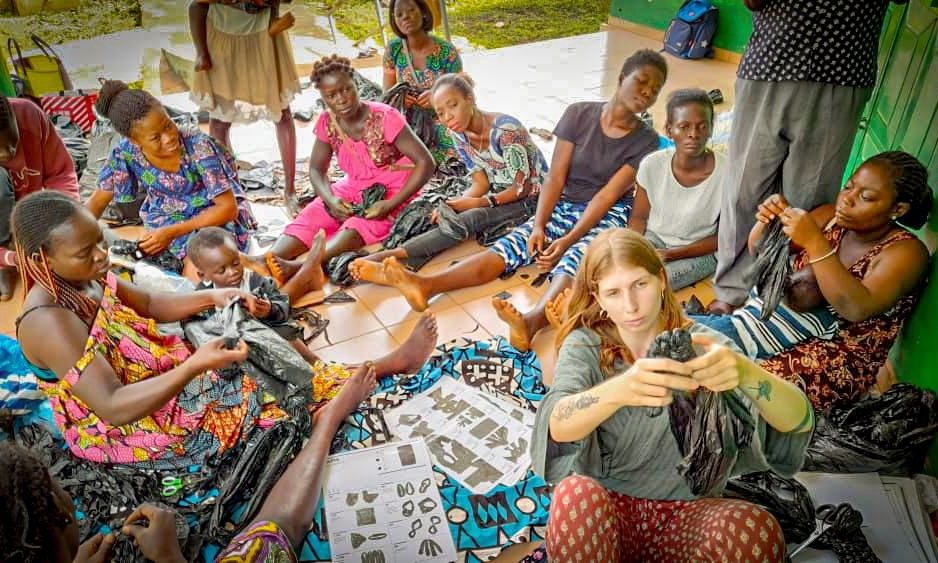- TogoNews
A very special guest: Namati from Togo visits us in Germany
Namati, our forester from Togo, is visiting Germany for a month! He is exploring our local forest conservation projects and experiencing the German winter at first hand. The exchange provides valuable insights that benefit both our work and his work in the natural forest. We are looking forward to more inspiring weeks with Namati!
